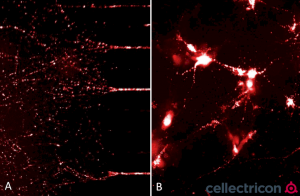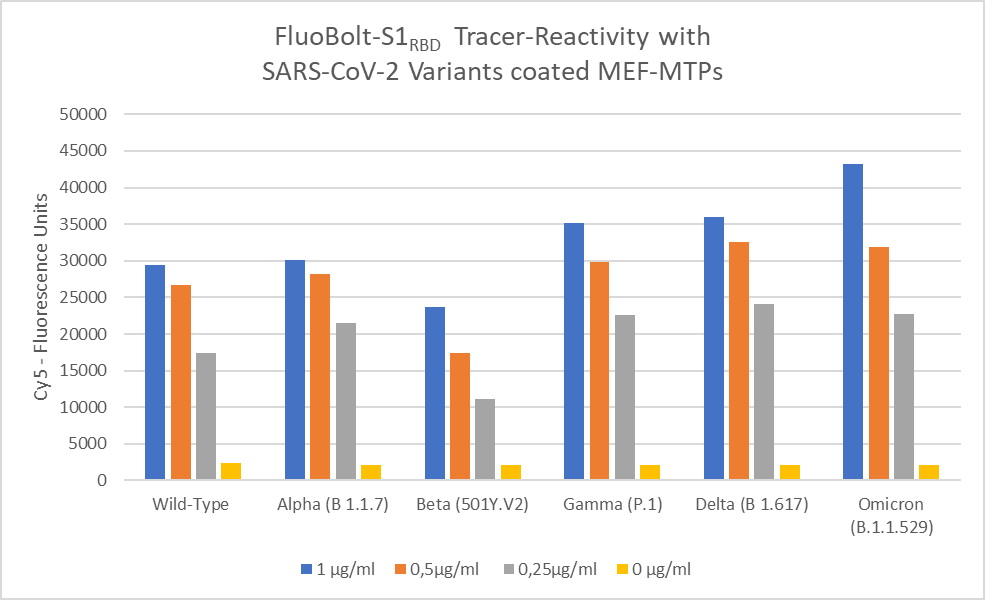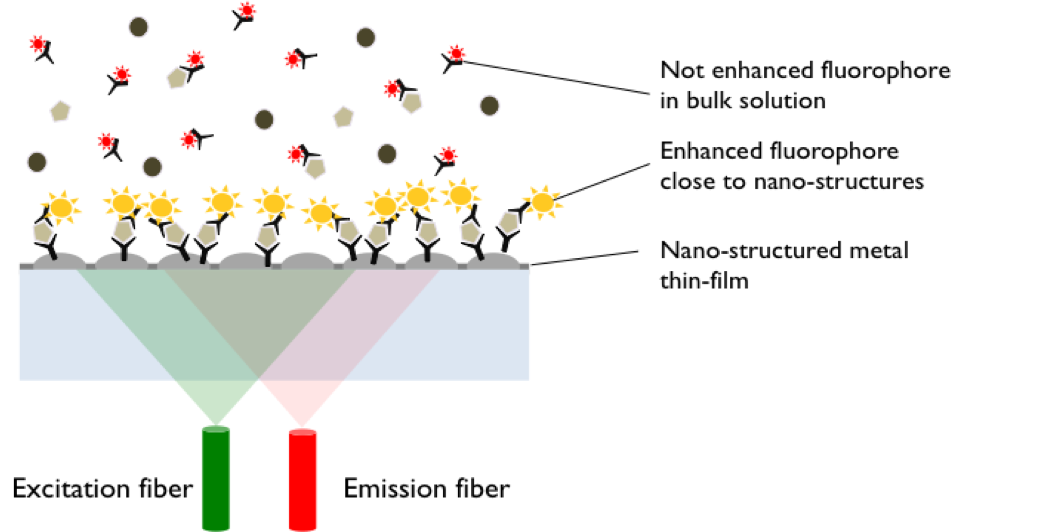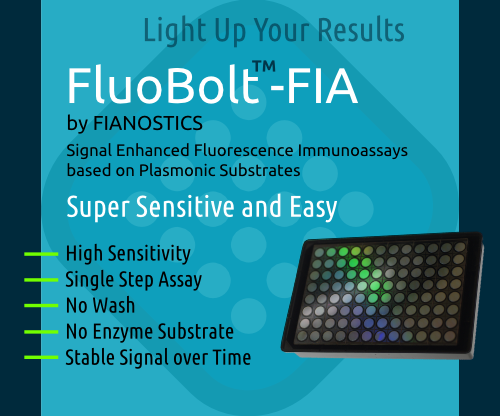
What are MHC molecules?
Major histocompatibility complex (MHC) molecules play an important role in the acquired immune system of vertebrates. MHC molecules present peptides derived from pathogens on the cell surface so that T-cells can determine the appropriate immune response. The MHC also plays a role in mediating leukocyte interactions, determining compatibility for organ transplants, and determining autoimmune disease susceptibility. In humans, the MHC complex is also known as the human leukocyte antigen (HLA) complex.
The peptide-MHC (pMHC) interaction to cognate T-cell receptors (TcR) occurs rapidly and at low affinity. Tetramerizing these molecules on a streptavidin scaffold engages multiple TcRs expressed on a given T cell, which stabilizes the reaction and allows for specific T cell staining. pMHC monomers and tetramers can also be used for purification and manipulation of T cells.
Research Applications
MHC monomers and tetramers can be used for selection and proliferation of specific T cells, allowing researchers to isolate specific viral or tumor related antigens. These antigens can be reintroduced to augment the immune system. They are also used in organ transplant research to help reduce the risk of graft-versus-host disease. Additionally, researchers in cancer immunotherapy and vaccine development are exploring various MHC multimer applications to further their fields.
What Eagle Biosciences Offers
We offer a wide range of pMHC monomers and tetramers through our partner, ImmunAware, including easYmer MHC tetramer kits. All of the MHC molecules in are catalog are biotinylated, meaning all of the pMHC monomers can be tetramerized with the laboratory’s choice of strepatavidin label.
View all of our monomer, tetramer, and easYmer kits here.
For more information or assistance finding a specific product, please contact us.







